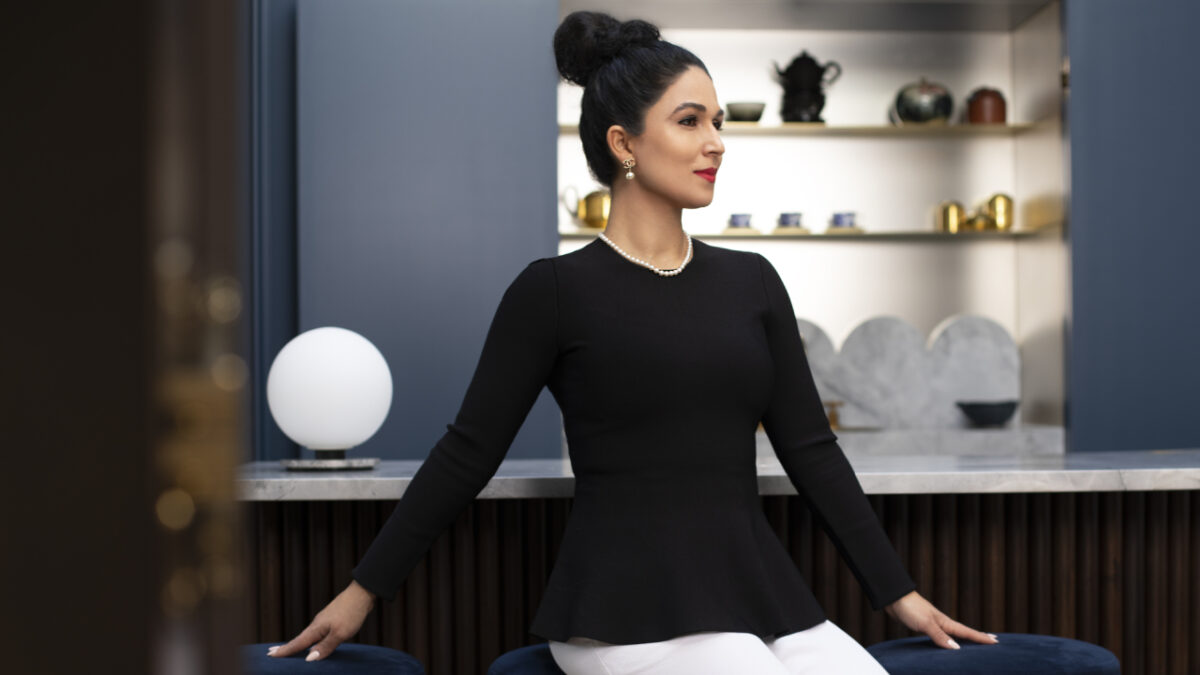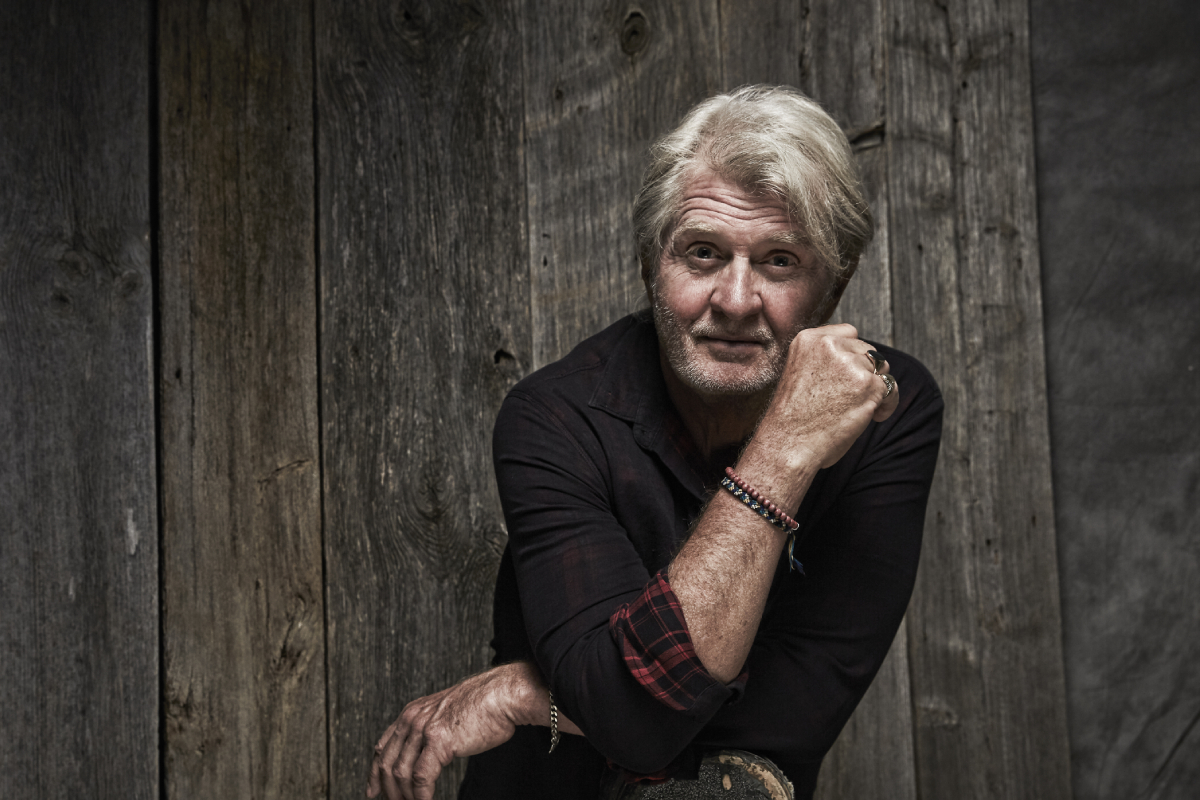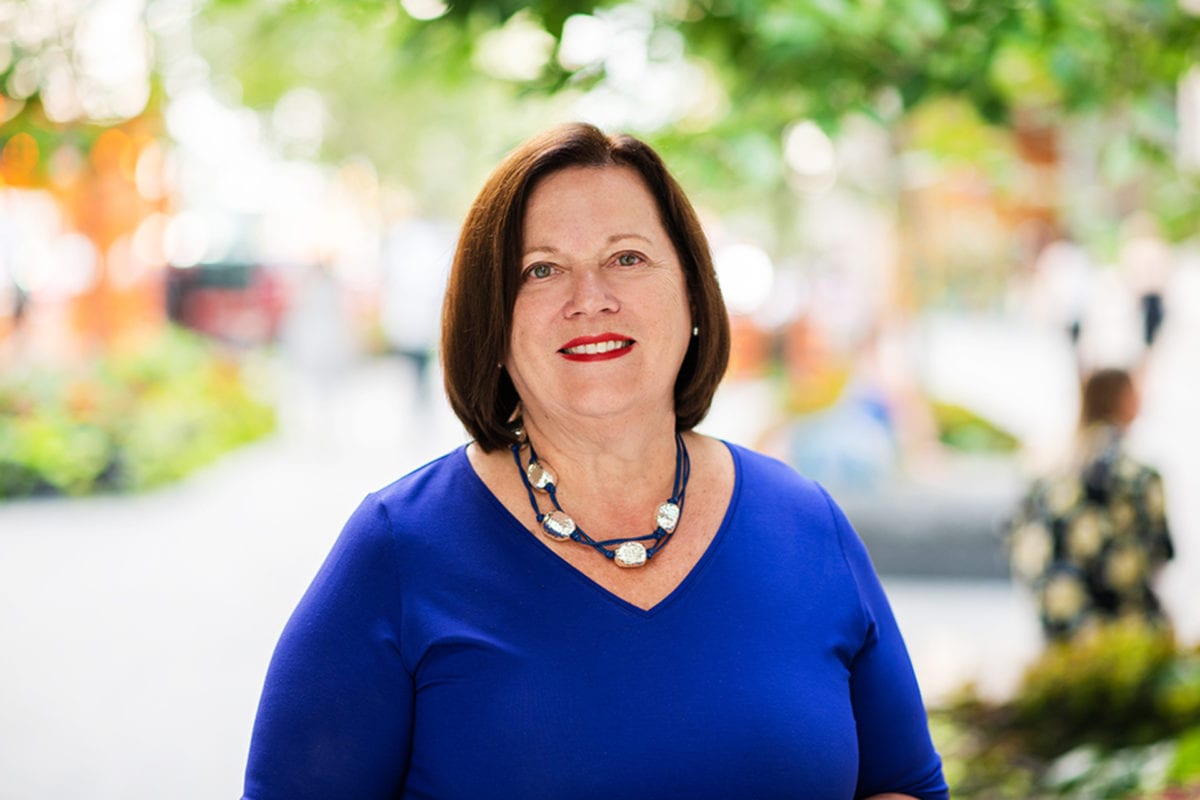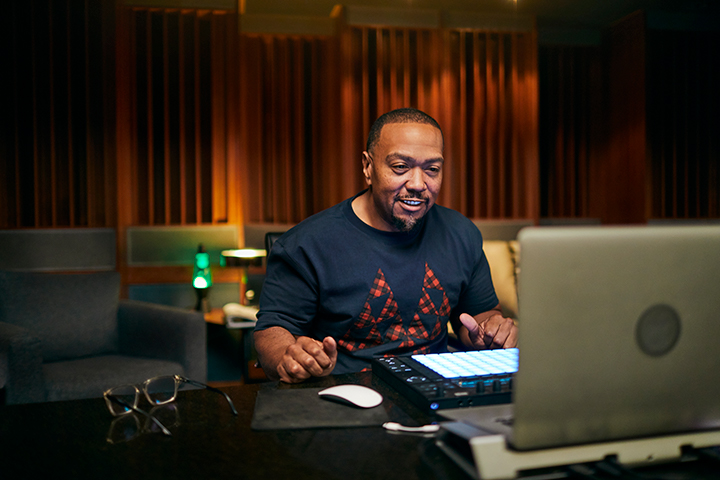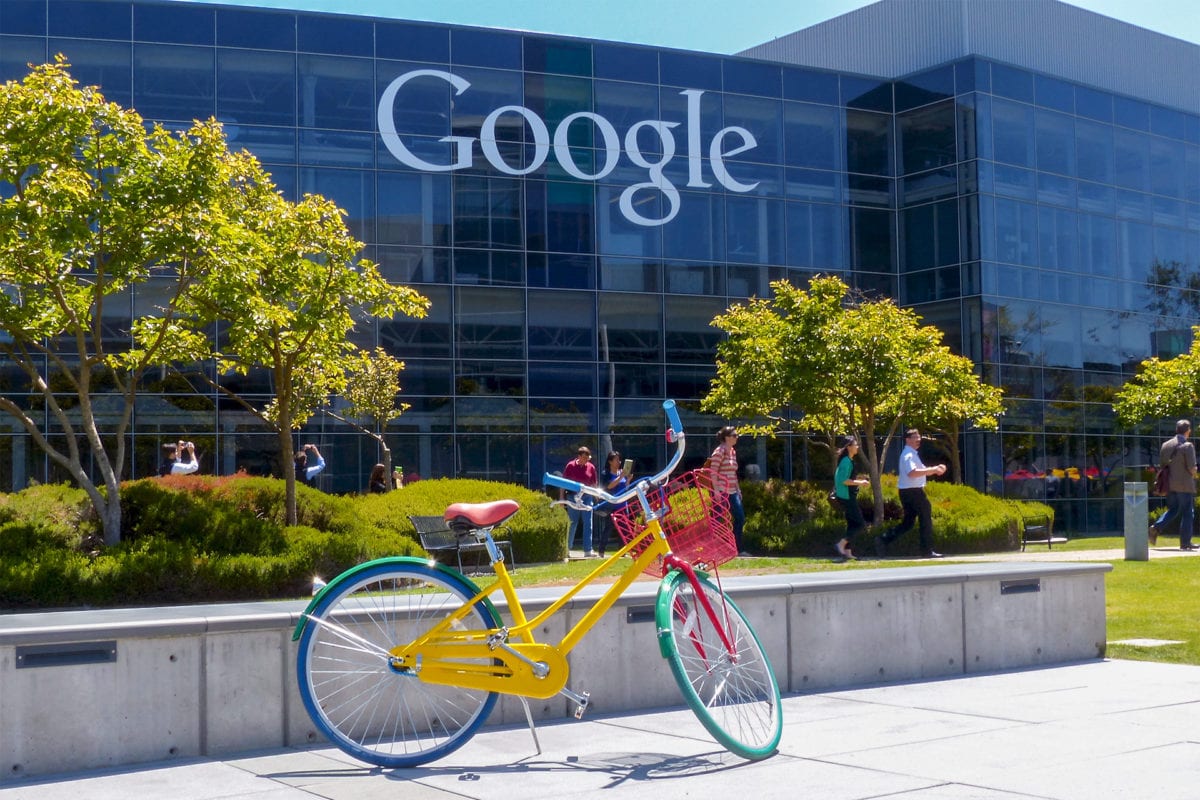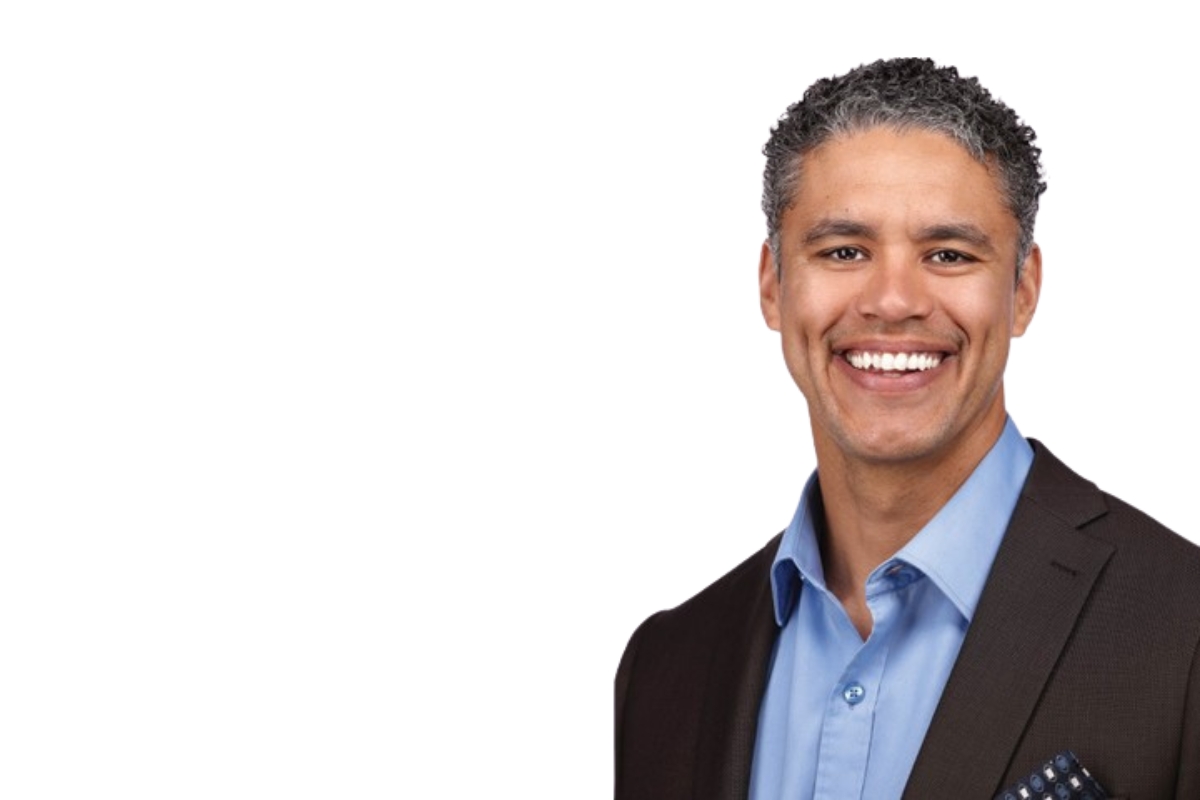Hoda Paripoush handles life’s challenges with grace, integrity, and what she calls, “heart and hustle.” The founder of luxury tea company Sloane Tea, which is headquartered in Toronto, Paripoush charted her own path in the industry, which has taken her all over the world. She spoke to The Edge about her unique journey in tea and about the importance of embracing diversity. Below is an edited and condensed version of that interview.
How has your heritage, specifically Iranian and Indian, influenced your life and business?
It has influenced it dramatically because both Iran and India are major tea drinking nations and growing up, tea was always the first beverage of the day and the last beverage of the night. Any time anyone dropped by, upon arrival, they were always welcomed with tea. That same element of hospitality is what it symbolizes the world over as well. Growing up in a Persian family that lived in India for about 11 years, and then moving to Brockville, Ontario, that element of hospitality was critical. Those two cultures have influenced what I use tea to mean because tea for me was about more than just a beverage. It was an experience. It was a moment of pause. It was a moment of connection and warmth. I wanted to find a way of being able to connect with that part of me for more hours of the day, which meant doing what I do with the world of tea.
You were the first to receive a tea sommelier certification in both the US and Canada. How important is it for you to continue to be a pioneer in your field?
It is important, but I will say that it wasn’t intentional by any means. When I entered the tea industry, it was in large part due to circumstances and timing and the path had not really been paved. The specialty tea industry at that time—and it still is, but especially 10 years ago—was quite new to North America when it came to education about tea. I just knew that I wanted to absorb as much information as I could, so that meant accessing the tools available like going to trade shows. I went to the World Tea Expo and there I met people who ran the Specialty Tea Institute of the USA, so I took courses there. Canada didn’t have a program at the time, but soon after George Brown College launched their program.
I had all this information, but it was like being a chef who had studied the most incredible cookbook but had never been in a kitchen. If I really wanted to immerse myself, I would need to go to the source. That meant traveling to the gardens, traveling to origins, traveling to visit the farms, and really immerse myself in the culture at the farm and learn about how its industry varies from country to country and what’s involved in manufacturing tea. As a result of my thirst for knowledge, I serendipitously just ended up doing something that wasn’t really being done, but people were ready to experience. Being a pioneer in my field wasn’t intentional and I certainly wasn’t the first to do many things, but perhaps the way I did it and the way I went about it made the experience approachable in a different way for a certain demographic that wasn’t being tapped into.
You run a very ethical business model, working closely and personally with tea farmers around the world, for example. What qualities do you try to exemplify as a leader both in your company and in the wider world of tea?
I would say authenticity and integrity are key. For us, it’s integral to everything we do and our relationships. So many of these relationships with customers have blossomed into lifelong friendships because of authenticity and integrity. People sense that energy and they want to be a part of it. This has been true for us from day one when it was just me traveling through Darjeeling and visiting tea gardens. I was honest with people about who we were as a company. By no means were we big players in the industry but our passion was one for the big leagues. The farmers and producers and people that I met and that I was visiting, they respected that. They were compelled by it. And they, ultimately, were so compelled by it, that they were willing to take a chance on it, whatever that meant. That level of authenticity and being honest with yourself and with others—it makes a difference.
How have you responded to the challenges faced in setting up and sustaining Sloane Tea?
It’s been a learning process to say the least. I really could not have fathomed the skills that I’ve developed and that I would have to develop, the fears I would have to face, and the uncertainty that I would have to embrace in order to keep this business moving forward. I am an extremely practical person, sometimes to a fault, I will say. As the business has grown, that kind of hit-the-ground-running attitude has been balanced more and more with solid strategy planning. When you have the tactical balance with strategy and planning, it allows you to focus on the next move, the next project, or the next upgrade, whatever that might be for whatever company. It’s this attitude of “kick the can forward.” That can that you kick doesn’t always have to travel a great distance, but it just needs to keep moving forward, ideally in the general direction that you want to go. Take little steps, breaking it down into the next step. Your vision might change from what you originally set out to do from the start of your journey, but that’s completely natural.
With the pandemic impacting individuals and businesses alike, how have you and Sloane Tea been adapting to the changes and moving forward?
It’s been challenging to say the least because, in our case and in many people’s cases, the greater part of our industry was shut down for the greater part of the year. So many people were shook, large and small, but we as a small company—we were shook. In order for us to continue, we very quickly had to decide what was critical to us continuing to do what we do, and nothing else mattered. It basically called for us to ruthlessly prioritize and let go of everything else. What we decided early on was only what was absolutely necessary to the survival of the business would stay and everything else would be placed on the backburner. What we do as a company is we import tea, so as long as we can still nurture those relationships, get the tea here, and blend it, and package it and get it out the doors to people, that was critical to what we did as a company. We needed to make those tough decisions in the immediate future in order to be around in the future.
And it worked, it really did. We placed a very clear focus on facilitating a more friendly online experience because our customers were not able to go to their little cafe around the corner or to their local retailer to access our teas. The only way they could engage with our brand when the pandemic first hit, and still to this day for many, was through an online experience. The market has changed dramatically, and people’s comfort levels have changed too. I know that even when the world of hospitality and food and beverage opens up again, it’s going to take time for it to thrive because people will not be comfortable going out into a public place. We’re creatures of habit. When we’ve gotten used to things arriving at our doorstep, that same mentality is not just going to go away overnight. We need to prepare ourselves for that transition and the fact that that transition will be slow.
What advice would you like to give to other entrepreneurs, especially those coming from a diverse background?
Assume “yes.” Go forward with the conviction that it will succeed. But I say that with the caveat of “do the math,” “do the research,” and basically, “do your due diligence.” In my journey, I found that the number one comment I would get when I would do a presentation, they would say, “Wow, I love your passion.” It wasn’t something I was aware of—because it was just natural to me—but people are attracted to passion and they will want to be a part of that story.
Ask for help and ask anyone who you’ve asked for help from if they know of anyone that can also be of help. I did not come from a business background, but I’ve always had a great amount of heart and hustle. That comes from growing up with certain obstacles that required me to put my pride aside and ask for help. We came to Canada as religious refugees, so my parents did not speak English. They were religious refugees who could not experience higher learning. Growing up with that set of challenges meant that getting help from teachers became really critical because my parents weren’t really in a position to advocate for me and it required me to adopt certain skills—resourcefulness and not being afraid of rejection—very early on and to ask for help because in order for me to excel, I needed the extra help.
I would say asking for help is something that I think people are sometimes hesitant to do, but people are more than willing to help if they see you’re committed and willing to grind away and people will want to be a part of that story. They will want to help an entrepreneur or someone that puts it all on the line—with a plan, of course—because they know character isn’t built out of convenience. It involves sacrifice. I will say that being an entrepreneur means that you need to be willing to deal with a whole lot of uncertainty and it’s not something you can always be prepared for, but you have to be committed to go through the uncertainty because when you push through there’s so much beauty on the other side.
Diversity is nothing but an incredible asset because it builds such a richness that is hard to come by. And it builds inclusivity and brings beauty. It also brings an incredible amount of unity and that energy gets put into productivity for everything that you do. When you come from a diverse background, you will have had certain experiences and hardships in your life so use that resilience to your advantage. Don’t shy away from the fact that you aren’t from the mainstream background of the market you’re approaching. Unless people embrace it and share it, the world’s going to miss out on their thoughts, on products that could have been that weren’t, and on markets that could have been tapped that weren’t.
Embracing that diversity is empowering for so many reasons. When you embrace that diversity—when you have a team that you’ve built that is diverse—you want to be empowered by the power in that room.
Rose Ho | Staff Writer

